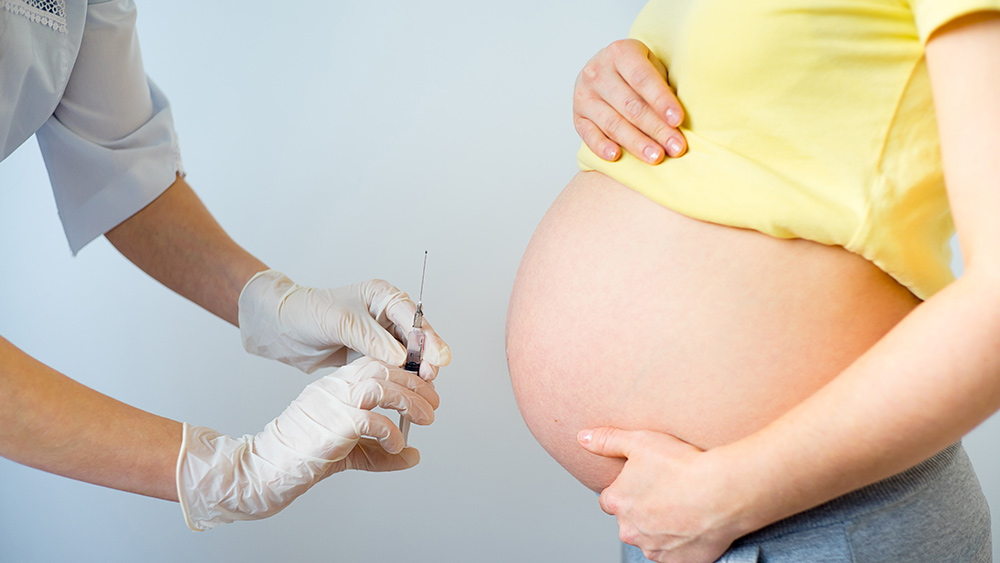Diabetes and menopause: Early or late menopause exposes women to the risk of developing type 2 diabetes
08/01/2016 / By diabetesscience

A new study has found that early or late menopause increases the risk of developing type 2 diabetes in women. Women beginning menopause before age 46 or after 55 are at a risk of developing type 2 diabetes. Women having their final menstrual period before 46 were 25 percent more likely to develop type 2 diabetes than women who had their final period between 46 and 55 years.
(Article by Ritwik Roy)
Researchers involved in the study analysed 124,000 women enrolled in the Women’s Health Initiative, a large national trial aimed at preventing disease in postmenopausal women. The study also revealed that menopause after the age of 55 increased the risk of type 2 diabetes by 12 percent.
Led by Kaiser Permanente researcher Erin LeBlanc, MD, MPH, the study findings were published in the journal Menopause, the official journal of the North American Menopause Society.
Post menopause, oestrogen levels start declining and this has been linked to body fat, appetite, high blood sugar levels and decreased metabolism. This study is one of the first to show later menopause also puts women at higher risk of type 2 diabetes.
“Our study suggests the optimal window for menopause and diabetes risk is between the ages of 46 and 55. Women who start menopause before or after that window should be aware that they are at higher risk, and should be especially vigilant about reducing obesity, eating a healthy diet and exercising. These lifestyle changes will help to reduce their risk for type 2 diabetes,” LeBlanc said in a statement.
The study also found a link between a woman’s length of lifetime reproductive cycle and the risk of developing type 2 diabetes. Women with the shortest lifetime reproductive cycles, less than 30 years, were 37 percent more likely to develop diabetes than those with medium length reproductive cycles (36 to 40 years).
Moreover, women with the longest reproductive cycles, more than 45 years, were 23 percent more likely to develop diabetes compared to women with medium length reproductive cycles.
Read more at: ibtimes.com.au
Submit a correction >>
Tagged Under:
diabetes, Menopause, Type 2 Diabetes
This article may contain statements that reflect the opinion of the author





















